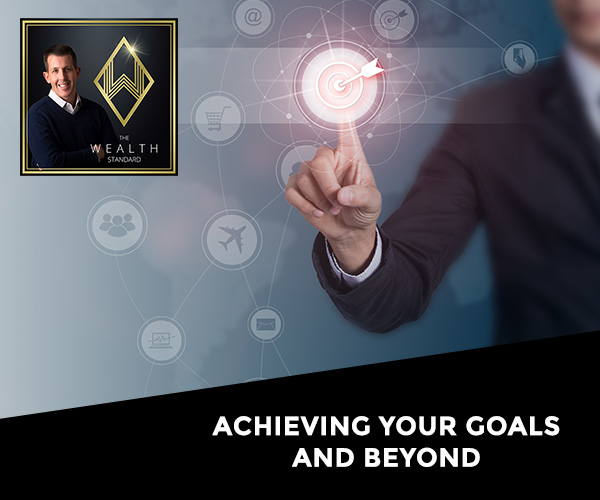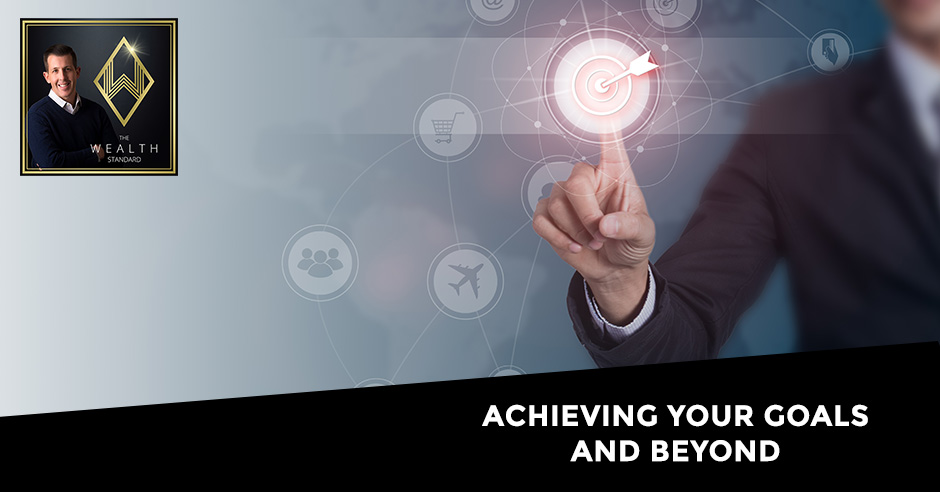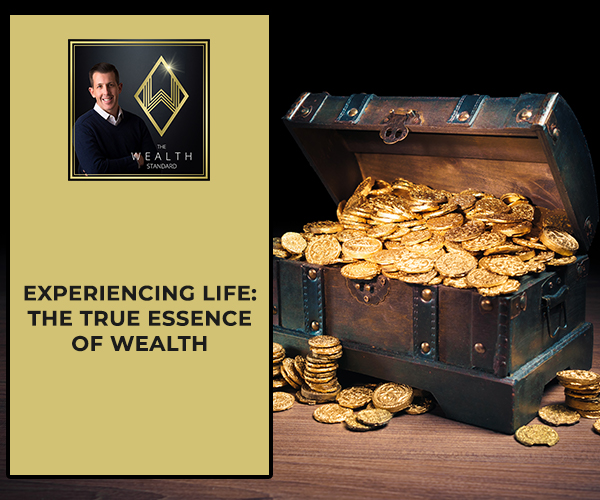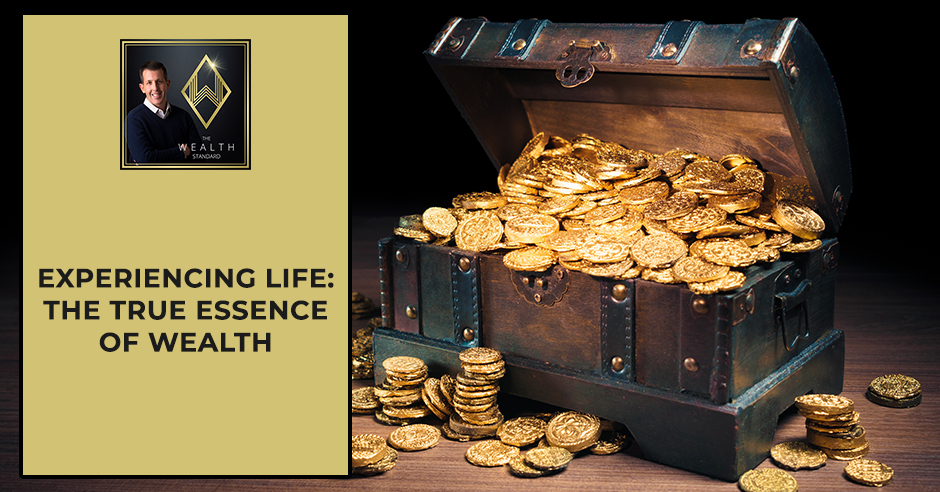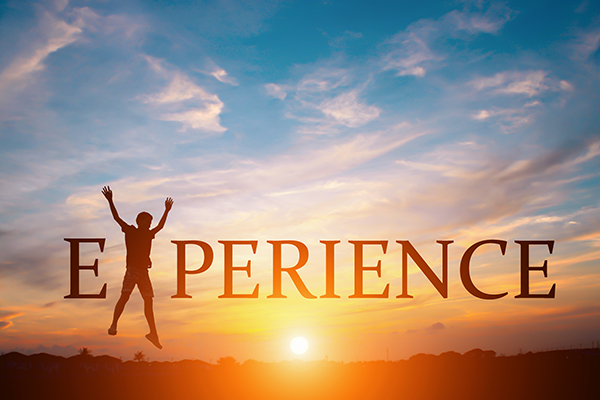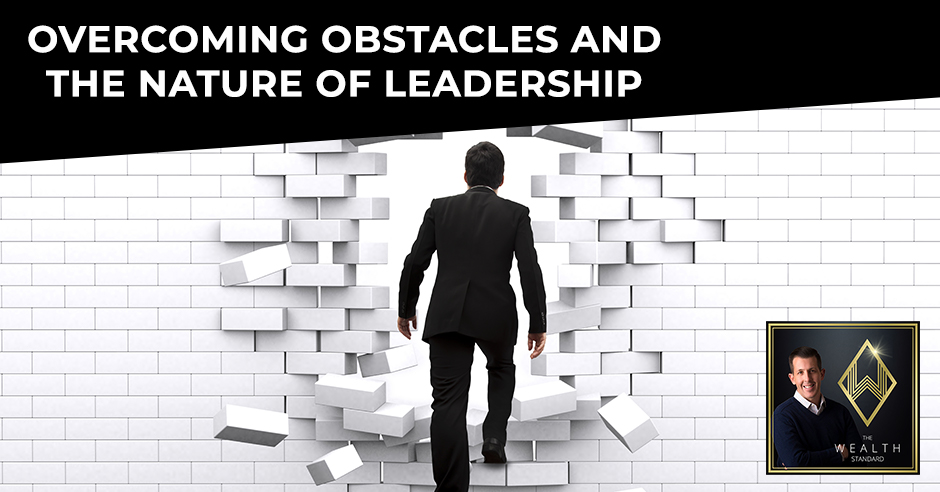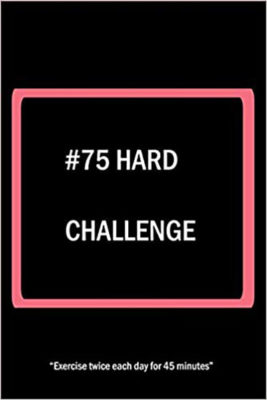How To Properly Optimize Your Energy And Time
Podcast: Play in new window | Download

Experiencing failures in family relationships and business is what everyone wants to steer clear of. Although ultimately inevitable, minimizing them is still possible through proper optimization of energy and time. Patrick Donohoe shares some useful tips on how inner energy can be repurposed according to our goals, helping us gain a better mindset and a healthier body. He also presents the three levels of time optimization, underlining how this powerful aspect in life can be maximized and utilized to its full potential despite its limited and seemingly scarce nature.
—
Watch the episode here:
Listen to the podcast here:
How To Properly Optimize Your Energy And Time
Thank you for tuning in to this episode. I’m grateful for your time, energy, and focus to invest in yourself and take your life to a new level. That’s what it’s all about. I want to express my gratitude for the support that I’ve received on this new course that has been launched. You guys can go check that out if you haven’t had a chance. It’s Go.TheWealthStandard.com/freedom. This is version one of the course. It’s five modules long. It’s quite an investment of time and focus. There are several exercises in there but it’s something I’m excited about and I can’t wait for you guys to check out, so go head over to that webpage.
If you try to steer clear of negative emotions, you are also steering clear of being a failure. Click To TweetIn preparation for that, I had an overwhelming amount of feedback with the surveys that were sent out to specific segments of the audience to find out what were the most meaningful educational pieces, lessons, points, or exercises that would allow you guys to essentially benefit the most from the course. There were hundreds of responses and the responses had to do with certain questions and mainly those questions were the anxieties, obstacles, and what you believe is holding you back. In the last episode, I talked about one of them.
Obstacles In
In this episode, I’m going to talk about another. The topic is in response to the question around obstacles. What are the obstacles that stand in the way of you living your life at the next level? This one says, “Mindset and confidence to commit the time and money to build my business, as well as taking the time away from my wife and three children.” What I believe is being said in this response is there’s this quandary where there’s an opportunity in business and to make an investment in that business. However, there seems to be a trade-off where if I do that, then I’m going to be taking time away from my wife and three young children.
I can empathize with this. I’ve been in this situation. I had this belief a lot and I’m going to get into that. I’ve had lots of other clients and experiences with something similar. At the same time, if you don’t have kids or if you don’t have a family yet, this is still relevant because these are simply obstacles that we place in our path psychologically based on the things that are most important to us, as well as how they correspond with the roles we are currently playing in our life. Throughout our life, we play multiple roles. We’re a leader, son, mentee or mentor, husband or wife, parents, friends, colleagues, peers, or even strangers. Nonetheless, our roles have certain things that are important to us that we believe that if we do not fulfill those specific roles, that somehow that’s bad.

Optimizing Energy And Time: A state is a function of physiology, focus, language, and how you show up.
If we fall short of those responsibilities, then there must be something wrong with us. If that happens, then we’re going to have the consequence. In this case, our family not loving us. We’re not a worthy husband or wife because we haven’t been able to provide for those that we have stewardship over. There’s lots of stuff that goes through our heads psychologically and subconsciously. That’s what we’re going to address. Psychologically, I understand and empathize because I’ve been in that situation. At the same time, I don’t believe there’s a choice. I believe you can have both and more of both. That’s what we’re going to get into.
First off, I’ll go through maybe some of the deductive reasoning associated with this specific obstacle. I talked about general obstacles that we have but the deductive logic is when you commit time and money to build the business, it takes away time and money from family. In this case, it seems to be that family is more important than business. The role of father or husband seems to be more important than being a business owner and investing and growing that business. What that segues into is I’m a bad husband and father if I do that, because I’m essentially making the business more important than my family. If I do that, then they’re going to notice and they’re going to spite me for it. They’re going to hold me accountable or make me feel guilty. If I dedicate time and money to my business and not to them, then my life is going to have less meaning because my kids are important to me.
If they don’t love me or if my wife doesn’t love me, what good am I? What good is the business? Why has it in the first place? That’s maybe not specifically articulated like that, but that’s what goes through our minds sometimes subconsciously. It could be right or wrong. I’m not here to place any type of judgment. I feel that when there is an obstacle, there’s oftentimes this brick wall that you can’t jump over or get beyond. Let’s try to figure out how to break down that brick wall. I’m going to do something I did last time because there are many options and solutions out there. I don’t think it’s a lack of those that keep us back from living the life that is our destiny.
It’s psychological to begin with and that’s what I’ll start with. If this person and if I were speaking to them, maybe even speaking to myself because this was a big concern for mine and still is to a degree. Let me get into an interview and I’ll address it as if it was somebody that was right in front of me. I would ask them the question, “When you believe that if you dedicate more time and money to your business, it’s going to take away from what your family and de-value your role as a father, how does that make you feel inside? What are the emotions that you experience?”
I would imagine they would say, “I feel like I’m falling short. I feel that I’m a failure to my kids and my wife. I’m afraid that I’m not going to be as influential as I could be if I dedicated more time and money to them.” Those are probably some of the feelings. I would then ask, “If you feel that way, how do you think about your business when you’re feeling that way?” “It’s such stress. It’s time-consuming. It’s hard to get things done. I have ideas and it’s frustrating because if I execute on those ideas and put money and time into them, then I’m taking away from my family.” This is the quandary. It’s challenging to work through but this is where you open up some possibility and you would make the statement or start asking questions, consider something for a moment.
When you think about that belief, are you 100% positive, absolutely certain that you have all of the information, knowledge, wisdom, and business acumen to know that there is no possible way to build and grow your business while at the same time growing in your role and being more influential in your role as a father and husband? Do you have all of the information, knowledge, and wisdom to know that it’s not possible? The answer is going to be no. I would follow up with, “If it were true that you could grow your business, invest time, your personal life, and be even more influential in both areas, how would that make you feel?” “I would feel relieved, grateful, optimistic, and excited.”
A follow up to that final part of it, “If you felt that way, how does that change the way in how you look at your business?” “I’m excited to figure out how to do it.” This is the idea is that you want to open up the psychological possibility first. I did an episode on the two fears we all have, including myself. We don’t want to be wrong and to change. As you look at it this way in which you open up possibilities, psychologically now it’s, “That’s possible. I can do that.” That’s at least what’s going on psychologically. As you bring in solutions, it has a whole different level of meaning to the person in question.
If you're not getting exercise and pushing your body, you have it all wrong. Click To TweetEnergy: The Easy One
Let’s go through some of the possibilities with regards to this obstacle. The most valuable finite resources to me or where you can optimize and then get into a lot of the other details depending on the type of business but I would first start with what I believe are two universal finite resources. They’re applicable to everyone reading right now. It’s energy and time. Let’s talk conceptually about the easy one, energy. All of us are looking for emotion as the end result. We achieved that and then we make the process to feel it again more complicated.
When a person commits to being successful, they want to be successful because of how it will make them feel. Once they’re successful, they want to achieve a level in their career because of how it will make them feel. It all boils down to that. I’m not going to get into how to experience that but that’s the emotion. In the end, it’s energy. Motion is energy in motion. That’s what we’re all looking for. As we’re looking for those positive emotions, we’re also trying to steer clear of negative emotions.
In this case, we are trying to steer clear of being a failure, “I don’t want to fail my kids. If I’m not there for them, they’re going to be influenced by the iPad, phone, social media, or their peers. I want to be there and be the influence.” All these fears, we want to steer clear of those negative emotions, but also steer toward those positive emotions. If you think about, “I want more money because I don’t want to worry,” that’s against steering clear of negative emotions. “I want to achieve in my profession because it’ll make me feel successful and make me feel alive and energized.” That’s a positive one. Those are all end results of emotions.
Let’s talk about what has the biggest impact on your energy. This energy that’s important because the energy in motion is emotion and it is what you want to feel. A lot of this stuff is cool because I talk about this in detail in the course and there are some exercises as well that are enlightening. They’ve at least enlightened me in my life on many occasions and that’s why I’m trying to pass those experiences along to you, so you can leverage me and that experience.
The first is understanding how to influence your state. A state is a function of physiology, focus, language, and the way in which you show up. Oftentimes, it’s not strategic. It’s more happenstance and random. We wake up in the morning, go through our routine, and show up the way we always show up. There are ways in which you can influence your state. First, your physiology, your focus, and your language. Physiology is highly influenced by the food you eat and how much water you consume, especially here in the Mountain West. The High Desert is what it’s referred to.
We’re 5,000 feet above sea level. You go higher into the mountains, 6,000, 7,000, 8,000 and it’s dry. Dehydration, where your organs, body, and your limb system isn’t able to operate at the level that it’s capable of. It’s draining. You become lethargic. It’s just water, what you put in your body, and exercise. It’s interesting where we as a human race up until many years ago, our bodies were used. They were strained daily to survive. Now, we have to work for it. Many years ago, you didn’t see people running around in the street, riding their bikes, or this huge health and wellness industry to keep people active because we don’t have to work and toil the way our ancestors did. If you’re not doing that, not getting exercise, and not pushing your body, it’s meant to be pushed. It’s meant to have strain.

Optimizing Energy And Time: Discover what you are good at and figure out ways to dedicate and focus your time on those.
Doing that gets your body or physiology to a point where you have more energy. You show up differently. You have the endurance to last 12, 13, 14, 15, 16 hours so you can optimally perform in your business and your profession. You can take that energy and state home and have the endurance to have meaningful time and experiences with your kids. Motion during the day, keeping active or standing up. I’m at my standup desk sitting on a stool. It’s a stool where it moves around and stuff. There’s a ball at the bottom and balances your core. I stand up a lot of times. My desk goes up and down. Having motion during the day, taking a walk, and having a rebounder trampoline. There are trampolines you can get for $50, $75 on Amazon where you jump up and down, shaking up your limb system and getting your body in motion. That creates energy. That’s the first thing is energy.
There are ways when you can control that energy. These are a few of the hacks. Going back to the original point, it’s dedicating time and money to a business and having the fear that you’re somehow taking away from your family. If you can improve your energy, that improves everything. It improves your business. It improves how you show up as a leader, the ideas that you have, and your efficiency. When you go home, you have that energy to take to your family, friends, extracurricular activities, and the fun that you have in life. Energy is a big thing. You want to optimize the way in which you show up for the different roles in your life and you’re going to get even better results. Your business is going to grow. You’ll have better ideas. You’re going to attract more clients. You’re going to have ways in which you can figure things out. That magician inside of you and that archetype will be more in tune because of the energy that you have.
Let’s get into time and then we can wrap up. There are many solutions to all the different ways in which you can get your body in shape and how you can get more energy and eat better. Try stuff. There are a million different eating plans, ways in which you can hack your sleep and get better sleep, and ways in which you can hydrate and stay hydrated. These are all solutions that we have in abundance and I’m not going to get into those. Let’s talk about time. Time is the great arbiter of all of us. We all have the same amount. We’re all, in a sense, either empowered and free or constrained and enslaved because of it.
It has to do with time, the leverage of what’s done inside of that time. Energy is a huge piece of that. I’m going to use a buddy of mine. He’s a little bit younger than I am. He owns a successful construction company. He had even harder times than I did during 2008 and 2009. He lost hundreds of units of apartments and millions of dollars. We weren’t in touch during those years but got back in touch because we were friends before that. I’m proud of the way he rebounded and how he figured things out. He has an incredible magician in him, but also a big warrior that pushed him through and got him through those difficult times.
3 Levels Of Time Optimization
We had a conversation in 2012, 2013 when I was strained by time and I was trying to figure it out. I described to him and showed him what I was doing and he took it to a different level. How I would explain it is there are three levels of time optimization. First is single-dimensional, where it’s you do everything. You do the marketing, sales, leadership, pay the bills, balance the books, and submit everything for taxes. It’s self-employed. Self-employed is inefficient because you are doing everything. There’s no leverage there and then you get it multidimensional. Multidimensional and the gap between is when you start to identify the best things you could be doing. What you’re good at, your talents are, your unique abilities are and figure out ways in which you can dedicate and focus your time on that and have others that have talents, abilities, etc. to do the things that you don’t like to do and aren’t necessarily good at either but others are.
I’ll use my buddy as an example. In the beginning, he was doing everything. The first thing I taught him, which I have been doing for many years is using tutorials. I would teach once, record a screen, record a video and it could be watched an infinite number of times. He found himself using them to train workers and employees. The onboarding process went down by 100% in time, which allowed him more time to do other stuff. He used simple tutorials. This was awesome and he’s such a go-getter. Another thing is he was trying to figure out a lot of stuff in his business. It was a new business in the construction world and I said, “Who else is doing it that you can learn from?”
He essentially learned about this business through someone he was working for and he made them successful. They did some things in an unprincipled way, so he left and started his own thing. They were the only competitor he had. He was like, “They’re my competitor. I can’t learn what they’re doing.” What he did is he started calling up other groups around the country and he would fly and spend 1 or 2 weeks shadowing, asking questions, and figuring out from them how they were doing things. He came back and started to incorporate those into what was doing, where he shortened the learning curve. He circumvented a lot of the obstacles they went through in order for him to benefit and leverage from their experience. Learning from others is the lesson.
People are driven to grow and maximize their talents and abilities. Click To TweetAnother aspect of multidimensional is to find systems and processes. I use a lot of the systems and processes of Strategic Coach and Tony Robbins from a business operations standpoint, as well as a coach. I learned some of the ways in which the tech world does its operations and project management, and so forth. I turned my buddy onto a book called Traction by Gino Wickman. He consumed it multiple times. Within a short period of time, he also consumed some sales information from The Sandler Sales System, which is magnificent. He started to use tutorials, leverage training, and optimization but then he hired some operators. He hired some individuals to integrate and utilize the methodology, Traction by Gino Wickman. What he started doing is having a lot of his operations and this is over the course of a couple of years. His operations became more leveraged where he was doing less and less of those daily tasks and operational duties.
He started to put others in that place doing what he would have done because of his way in which he started training. He did his tutorial training and so forth. He integrated a communication system using Voxer. He uses something else now. It’s integrating a CRM. The multidimensional is when you take yourself and you get more focused. Getting to this function of leadership where you’re inspiring, motivating, coaching, making people will feel important, working on comp plans and incentives so that they are doing good work and are rewarded for it. You start to build a culture that way and it’s profound. This is a way in which you leverage time from a multidimensional standpoint.
Finally, exponential. I’m not going to get a ton into exponential but I’ll use my buddy as an example. He went from working 70, 80 hours a week to not having to work much at all in the business. He started to license some of the processes he figured out and then create intellectual property. In the space he was in from a construction standpoint, there were many outdated pieces, parts, and ways of doing things. He started to create intellectual property around certain parts and figure out how to get them manufactured in China. It was fascinating. Another piece of the exponential is a technology where you can take certain tasks and leverage technology. You build it once and it works infinitely. It’s a one-time investment and then from there on out, it has a massive impact going forward because it does all of the work 24/7.
Also, exponential is figuring out better ways to improve processes and then licensing the intellectual property as a new revenue stream. He’s selling leads as well. He’s using the marketing acumen that he gained here in Utah, Idaho, and Nevada. He is generating leads for others around the country and selling essentially the same type of services, but they are being fulfilled by other groups. That’s exponential. Those are two ways in which you can leverage yourself and live an incredibly meaningful life because my buddy has two homes. He has one in Salt Lake and one in Southern Utah. He gets to go on some cool vacations all the time. It wasn’t that way in the beginning, but what this does is it allows you to grow.
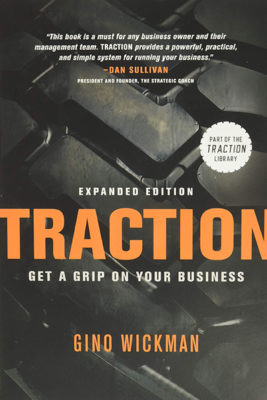
Traction: Get a Grip on Your Business – https://www.amazon.com/Traction-Get-Grip-Your-Business/dp/1936661837
Anyone that’s in business or isn’t a profession where they can influence and control their income, we’re driven to grow and that is a natural instinct inside of us. It’s not something that we’re going to get rid of one day or it’s going to suddenly like, “We’ve grown enough and we don’t have to grow anymore.” There’s going to be this insatiable desire inside of us to continue growing. If we’re not growing, then we don’t feel as alive and driven. That impacts. Even if we have more time with our kids and our family, it impacts how we show up. It’s this balance between trying to manage the success of family but manage the success of the business. You can have both. It’s not a trade-off. We’re driven to grow. We’re driven to maximize our talents and abilities. This is something that I believe will ever stop. Trying to figure out a balance is a futile effort. It’s figuring out the optimal mix, optimizing that mix, and then maximizing that mix.
Optimizing is figuring out from an energy standpoint, how can you tweak it so you show up with more energy? You have the endurance to last more than 8, 10 hour-day and show up as a man, an influential high spirited father, leader, husband, son, daughter, friend, and stranger. Talk about a way to instantly improve the quality of your life and how you feel is to go out find and help a stranger. What a cool experience that is. The idea is that when we have these different important roles in our life, it’s not a trade-off. That’s what I’m trying to communicate to you guys and these are two ways in which you can optimize what’s going on. Once you’ve optimized it, that’s single-dimensional and multidimensional, and then you can start getting into the exponential, which is maximizing. Guys, you’re amazing. Thanks for reading and learning. I hope to see you back on the next episode. Until then.
Important Links:
Love the show? Subscribe, rate, review, and share!

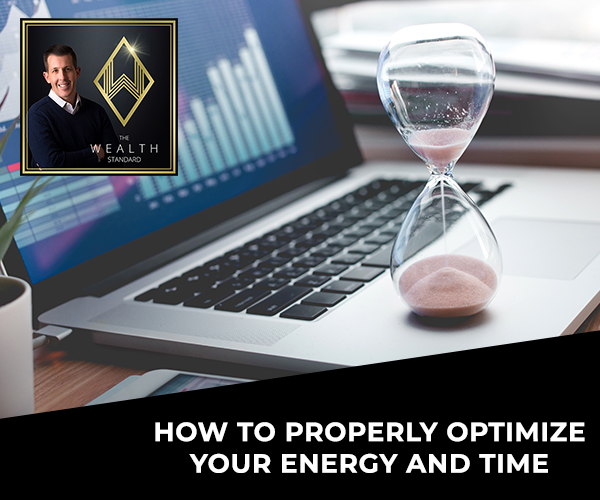
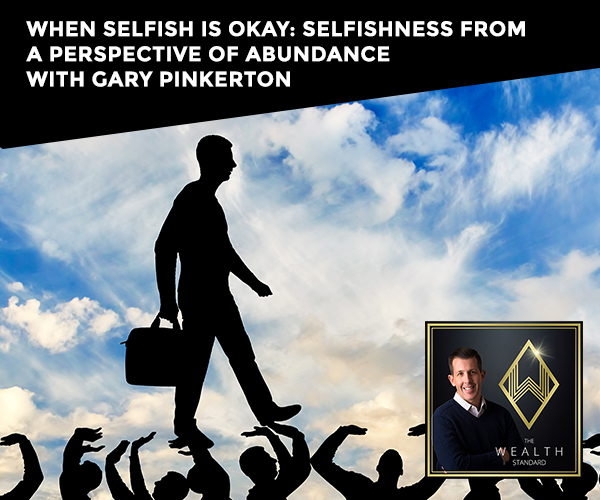
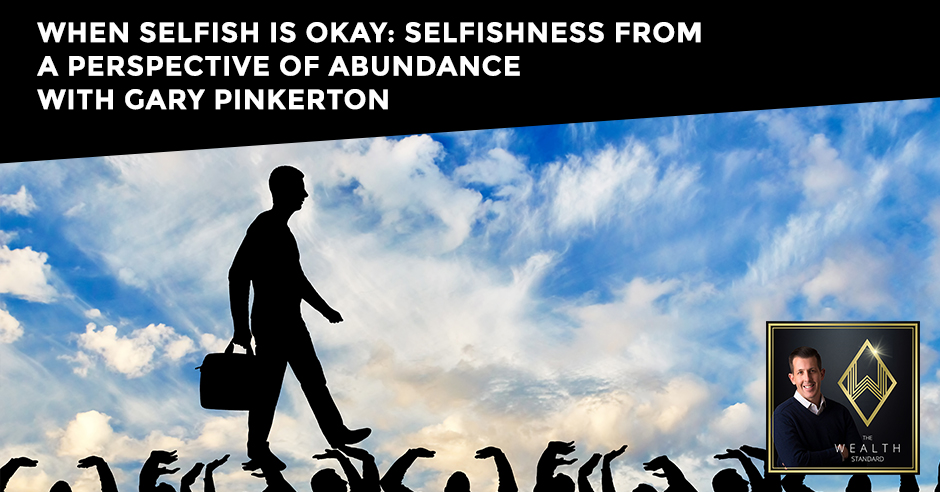



 Gary earned his Bachelor of Science degree in Mechanical Engineering from the U.S. Naval Academy in 1991 and a Master of Science in Nuclear Engineering from the University of Illinois in 1993. He spent 26 years serving as a Submarine Officer in the U.S. Navy, including commanding the nuclear attack submarine USS TUCSON from 2009-2011 and retiring as a Captain. His career was rewarding both personally and professionally with unforgettable opportunities to work with highly trained teams employing state of the art technology in support of our Nation and its ideals. It was the type of work that left no doubt it directly contributed to the balance of power across the world and the sustainment of personal freedoms across the globe. But as with any intense calling or career, two decades in the Navy and many deployments had stressed things at home and delayed other important pursuits. In 2011 Gary began a process of replacing his traditional earned income with passive cash flow by purchasing income producing real estate properties.
Gary earned his Bachelor of Science degree in Mechanical Engineering from the U.S. Naval Academy in 1991 and a Master of Science in Nuclear Engineering from the University of Illinois in 1993. He spent 26 years serving as a Submarine Officer in the U.S. Navy, including commanding the nuclear attack submarine USS TUCSON from 2009-2011 and retiring as a Captain. His career was rewarding both personally and professionally with unforgettable opportunities to work with highly trained teams employing state of the art technology in support of our Nation and its ideals. It was the type of work that left no doubt it directly contributed to the balance of power across the world and the sustainment of personal freedoms across the globe. But as with any intense calling or career, two decades in the Navy and many deployments had stressed things at home and delayed other important pursuits. In 2011 Gary began a process of replacing his traditional earned income with passive cash flow by purchasing income producing real estate properties.